As exciting as the Internet of Things (IoT) is, the question of how and which companies stand to make money in this market remains. From previous waves of internet markets we have seen surprising wins and epic loses. How is the IoT market shaping up? And what are the real business drivers? According to a Silicon Valley Bank analysis… Read More
Author: Tom Simon
Mentor Aims to Improve Yield and Production Ramp for PCBs
Getting a printed circuit board from design and into production presents one of the biggest challenges in successfully launching a product. The designer’s job is to anticipate issues that can adversely affect PCB fabrication and assembly. Design rules and component libraries go part of the way, but there is a thicket of things… Read More
Bluetooth Smart Crashes IoT Party
When you hear the term Internet of Things the first image that comes to mind is, well, a lot of things talking over TCP/IP, maybe using WiFi or god forbid Ethernet. But upon closer examination it seems that Bluetooth is crashing the IoT party. This was driven home for me when my girlfriend gave me a FitBit Flex. For those unfamiliar, … Read More
Improving Verification by Combining Emulation with ABV
Chip deadlines and the time to achieve sufficient verification coverage run continuously in a tight loop like a dog chasing its tail. Naturally it is exciting when innovative technologies can be combined so that verification can gain an advantage. Software based design simulators have been the mainstay of verification methodologies.… Read More
Maker Movement Embraced by Major Semiconductor Companies
In 2005 with the development of the Arduino, everything changed for people building things that required a microcontroller. The Arduino brought with it a low price standard, and open, hardware platform and an easy to use open source development environment. It was … Read More
Silicon Measurement Data Gives Insights to Using Metal Fill With Inductors
Metal fill requirements for inductors are now a fact of life. Fill has long been seen as detrimental to device performance due to parasitic capacitance. The necessity of fill arises from the need to ensure planarization of dielectric layers by using chemical mechanical polishing. Without adequate fill, areas of the chip can suffer… Read More
Distributed RLCK Models for Transmission Lines in High Speed Applications
Design engineers frequently struggle with transmission line design and modeling. We can define a length of interconnect that contains more than 1/100th of a wavelength as a transmission line. This seems to be the breakpoint where distributed effects to start to become significant. To improve circuit performance these long … Read More



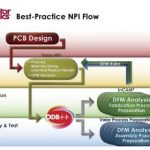
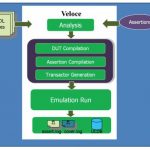
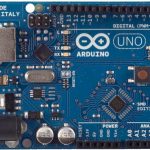
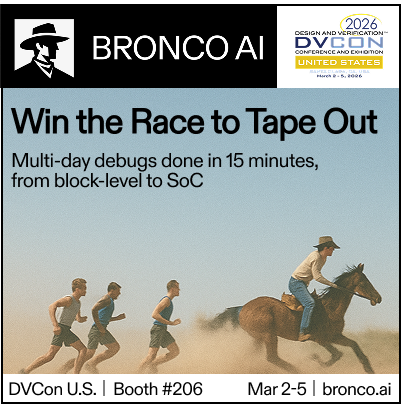

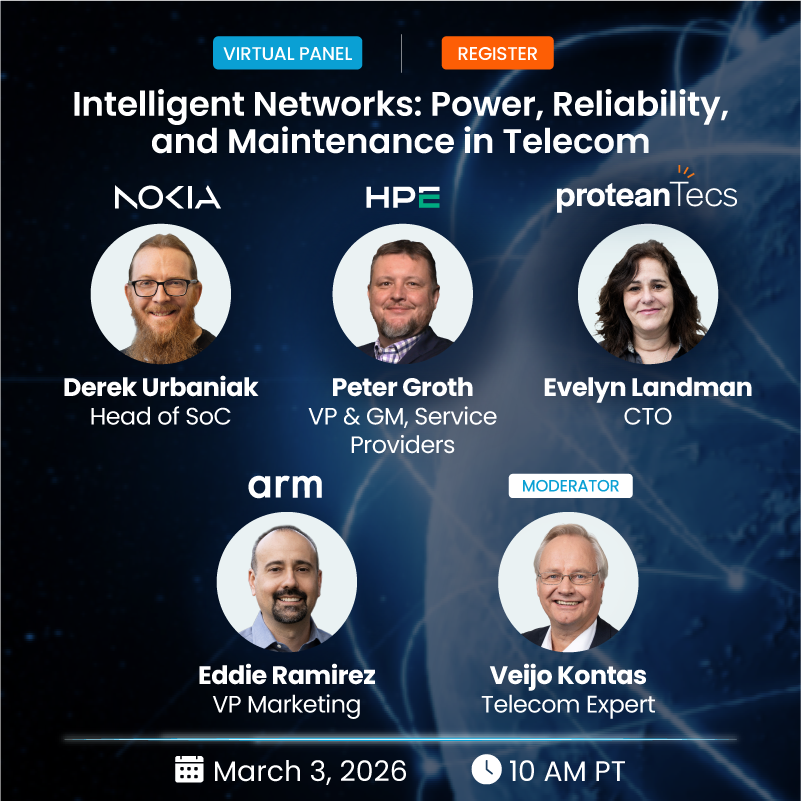
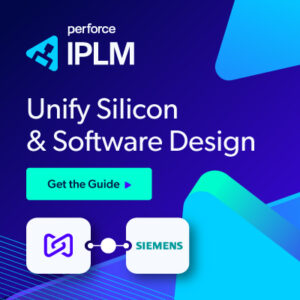

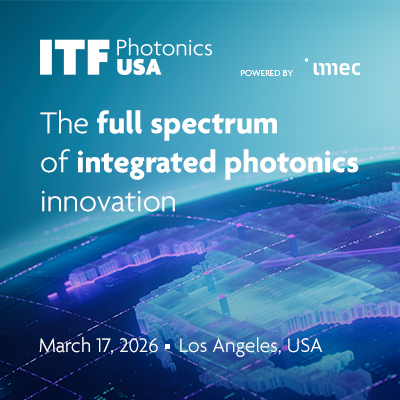


A Century of Miracles: From the FET’s Inception to the Horizons Ahead